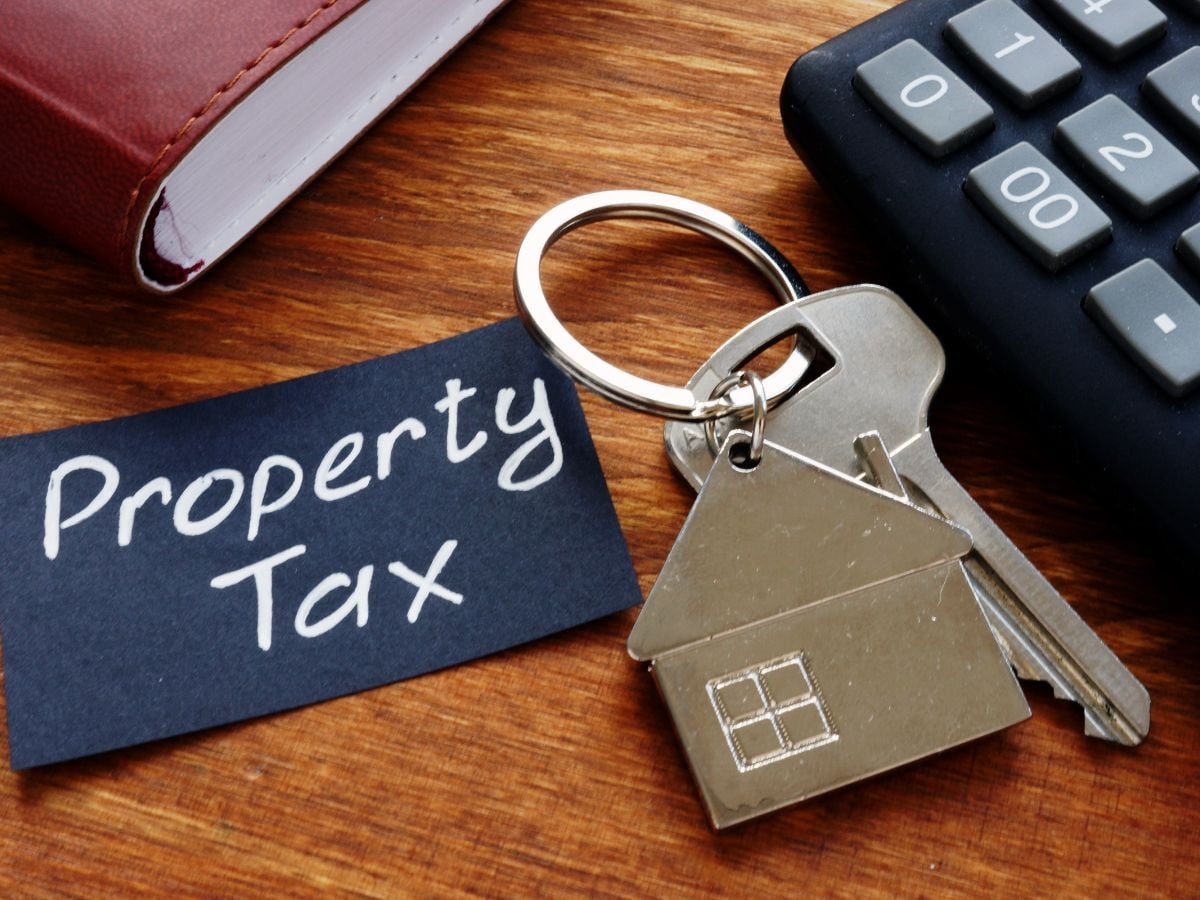You may have heard the term “supplemental taxes” but aren’t quite sure what they mean or how they affect you. Understanding supplemental taxes is essential, especially if ready to purchase or have recently purchased a property.
What Are Supplemental Taxes?
Supplemental taxes in California are one-time property tax adjustments that occur when a property is reassessed due to a change in ownership or new construction. These taxes are separate from your regular property taxes and are calculated based on the difference between the old assessed value and the new assessed value of your home.
How Do Supplemental Taxes Work?
When a property is sold (or undergoes significant improvements), the county assessor reassesses its value to reflect the current market price. If the new assessed value is higher than the previous value, the difference results in a supplemental tax bill.
Here’s how the process typically works:
- Reassessment – After purchasing a home or making significant improvements, the county reassesses the property’s value.
- Supplemental Tax Bill – If the reassessed value is higher, the county issues a supplemental tax bill to cover the difference for the remainder of the fiscal year.
- Payment Due – This bill is separate from your regular property tax bill and is usually due in one or two installments, depending on when the reassessment occurs.
Here’s How Supplemental Taxes Work in a Simple Example:
A home seller originally purchased their property for $500,000, resulting in an annual property tax bill of $5,000. When they sell the home for $1,000,000, the new owner’s property tax bill will increase to $10,000 per year.
Until the county assessor completes the reassessment, the new homeowner will continue to receive tax bills based on the previous $500,000 valuation, meaning they’ll temporarily pay $5,000 in property taxes. Once reassessed, the county will issue a supplemental tax bill to cover the difference—an additional $5,000—to account for the updated property value.
When Will You Receive a Supplemental Tax Bill?
The timing of your supplemental tax bill depends on when the reassessment occurs. It can take several months after purchasing a home for the bill to be issued. In some cases, if the reassessment happens close to the next fiscal year, you may receive two separate bills—one for the remaining months of the current fiscal year and another for the next fiscal year.
Do Supplemental Taxes Affect Your Mortgage Payment?
If your mortgage lender handles property taxes through an escrow account, they may not account for supplemental taxes. You may need to pay the bill separately, so be sure to check with your lender to see how it’s handled.
Can Supplemental Taxes Decrease?
Yes, if the reassessed value of your home is lower than the previous value (such as in a declining market), you may receive a supplemental refund instead of a bill.
Final Thoughts
Understanding supplemental taxes is an important part of homeownership can help you avoid surprises after purchasing a property. And by being prepared, you can ensure a smooth transition into homeownership without unexpected financial hurdles.


